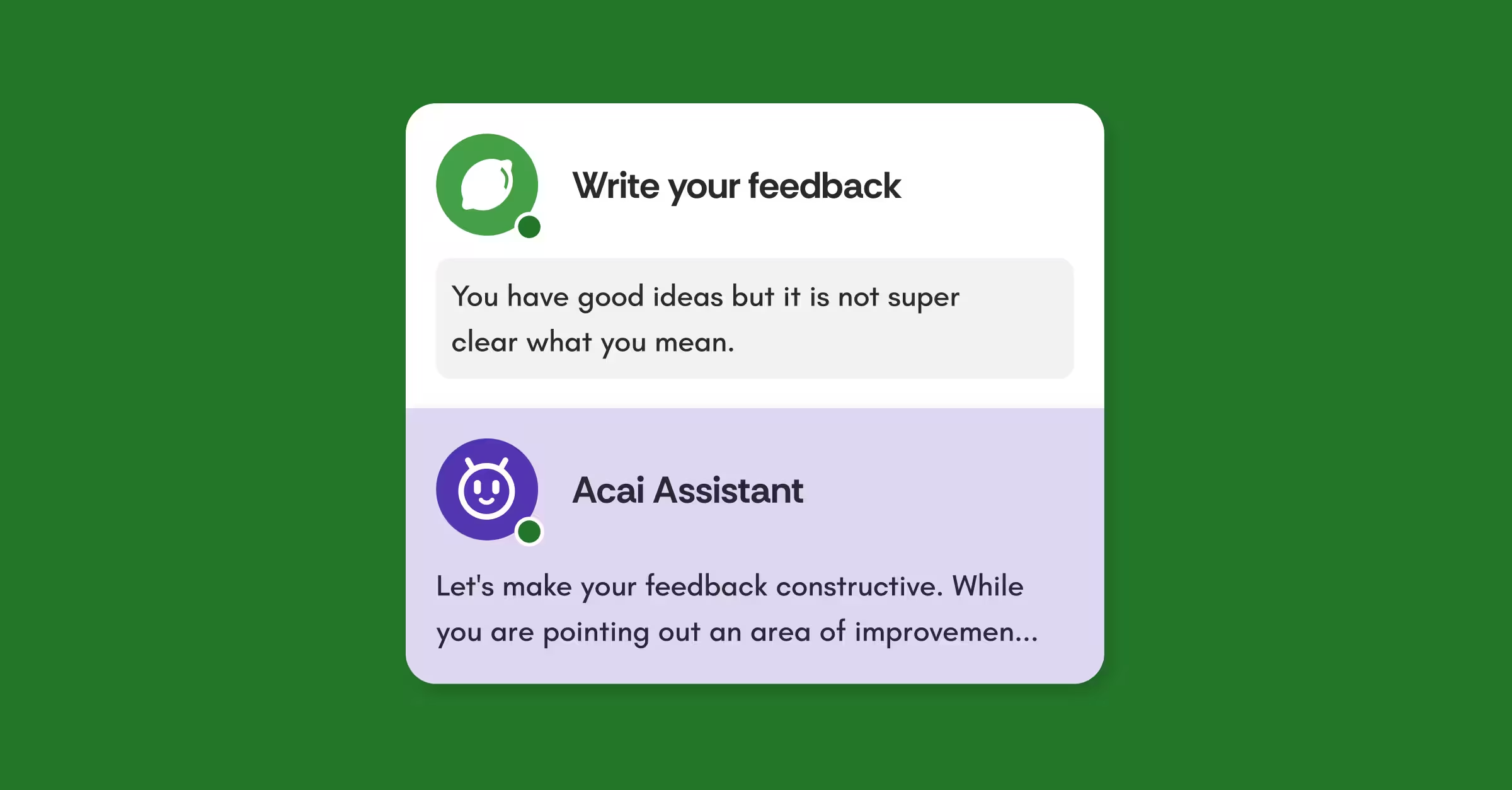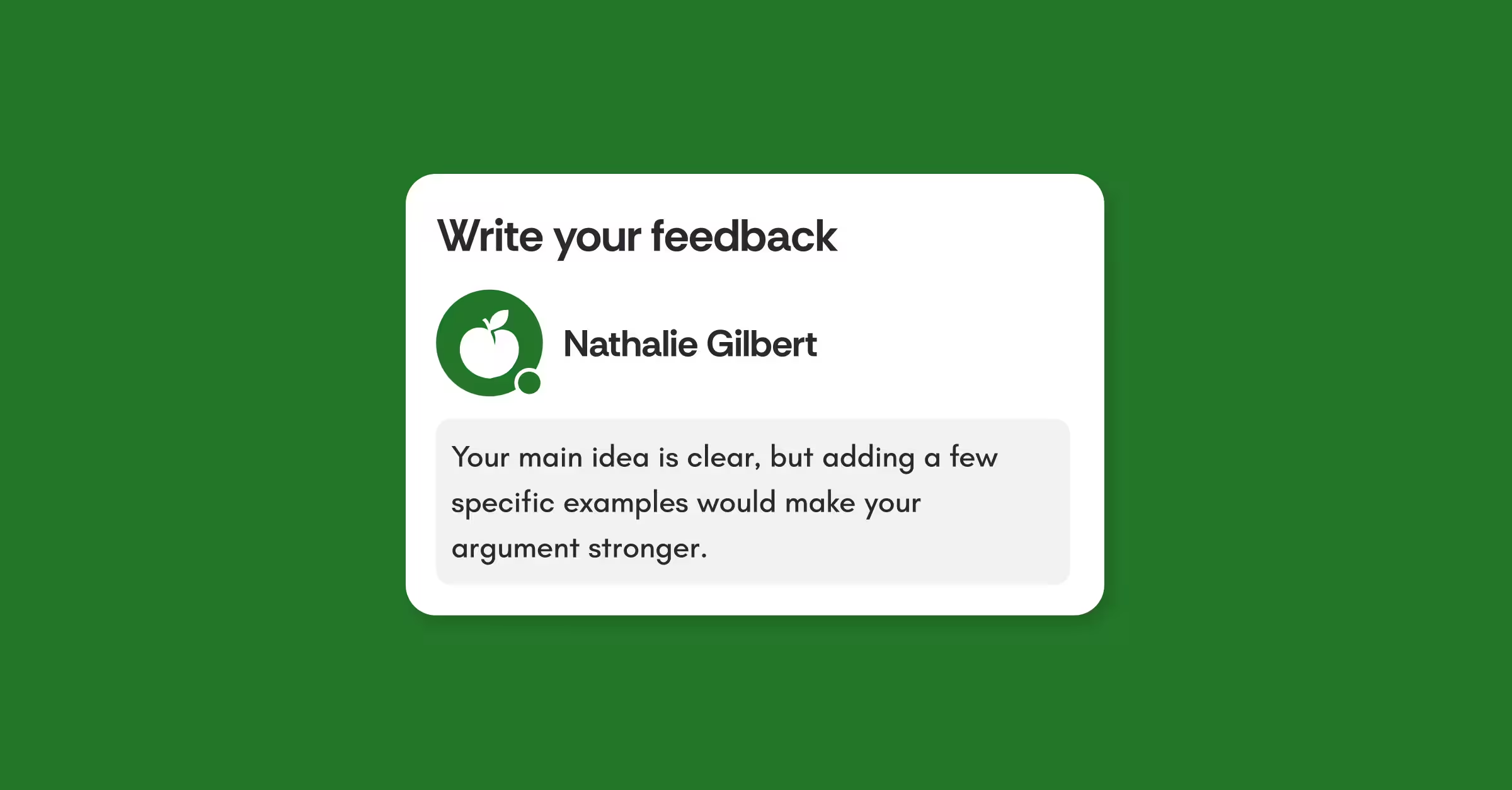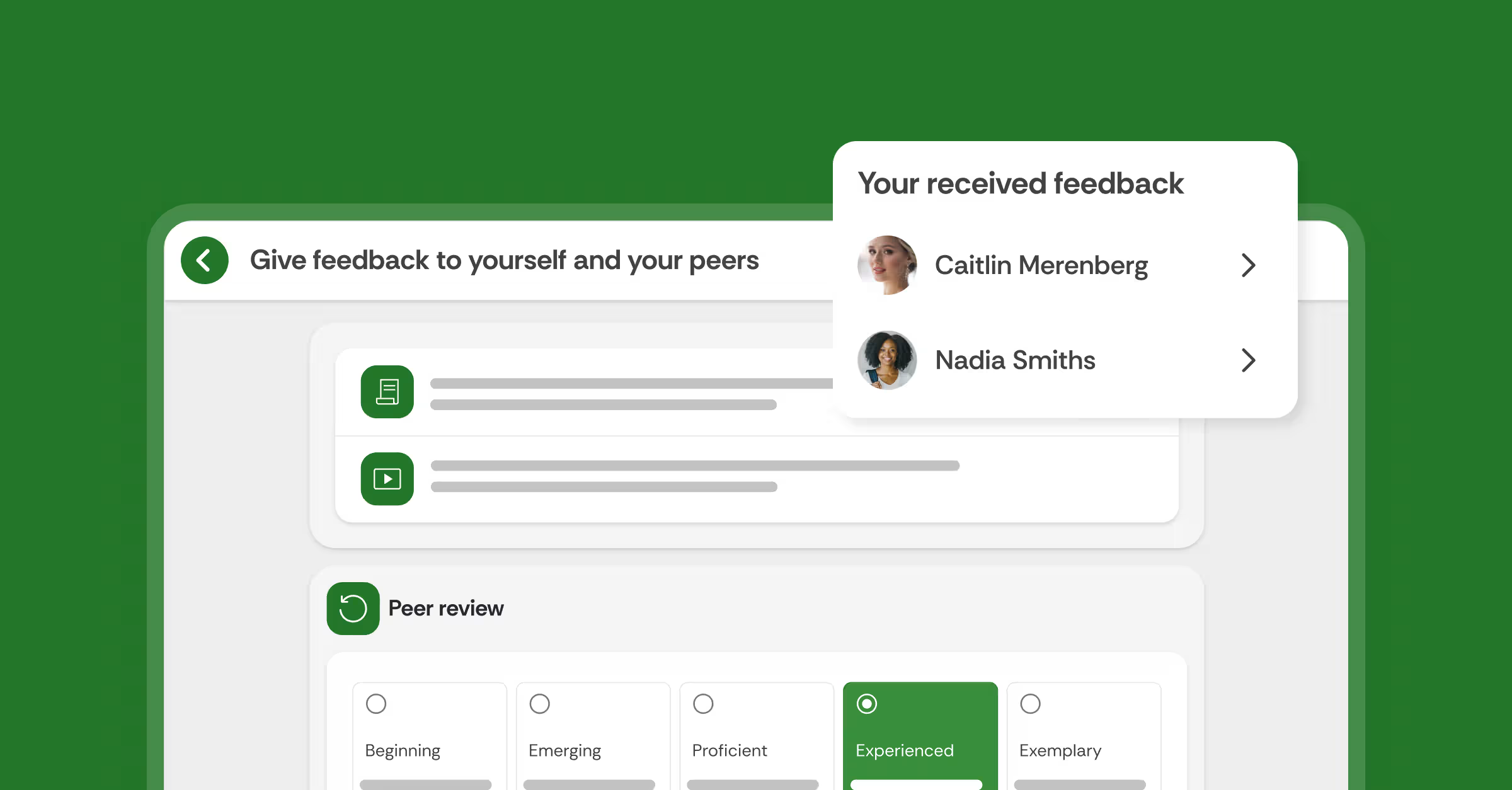Create a personalized learning experience for effective feedback
Dr. Mathias Magdowski, research assistant at Otto-von-Guericke-University Magdeburg has been using FeedbackFruits Peer Review to optimize the peer feedback process in his engineering courses. To assess the impact of the tool, he conducted a 7-question survey with 28 students, focusing on their satisfaction with using the tool, and how they thought the tool influenced their learning and skills.
Learning and practicing engineering fundamentals is not a spectator sport, but requires continuous student participation. In order to encourage students’ active participation, and engagement throughout the semester and to prevent them from last minute cramming before exams, Dr. Mathias Magdowski, research assistant at Otto-von-Guericke-University Magdeburg and his colleagues decided to implement personalized tasks with peer review elements.
The specific tasks are personalized or randomized, so that the students are encouraged to exchange ideas and support each other in finding solutions to the engineering problems, yet unable to plagiarize. Handwritten solutions submissions are required for this assignment since it is a better way to write down formulas, and visualize the mathematical concepts. Furthermore, this approach allows for clarifying the calculation path, and uncovering typical misconceptions, as compared to multiple choice or numerical questions.
In order to keep the correction effort for teachers low and to provide students with timely and authentic feedback, students then review each other in a double-blind peer review process using also personalized sample solutions. FeedbackFruits Peer Review was then integrated to simplify and optimize the technical process, saving teachers a lot of time and organizational effort.
To measure the impact of the Peer Review tool on students’ performance, and skills development, Dr. Magdowski conducted a 7-question survey with his 28 students. In this survey, he asked about their experience participating in technology-enhanced activities, and how this integration helped them in terms of collaboration and feedback skills enhancement. We have summarized the key findings of the study in this infographic.
Click on the image below to download the infographic
Klicken Sie hier für die deutsche Version der Infografik

For more details of this research, you can visit Dr. Magdowski’s beautiful blog. In this, he answers the question of how to integrate student peer feedback into a basic engineering course in a sustainable, efficient, and learning-friendly way, and how FeedbackFruit Peer Review plugin for Moodle helps to make the technical process as simple and intuitive to use as possible.
















![[New] Competency-Based Assessment](https://no-cache.hubspot.com/cta/default/3782716/interactive-146849337207.png)










